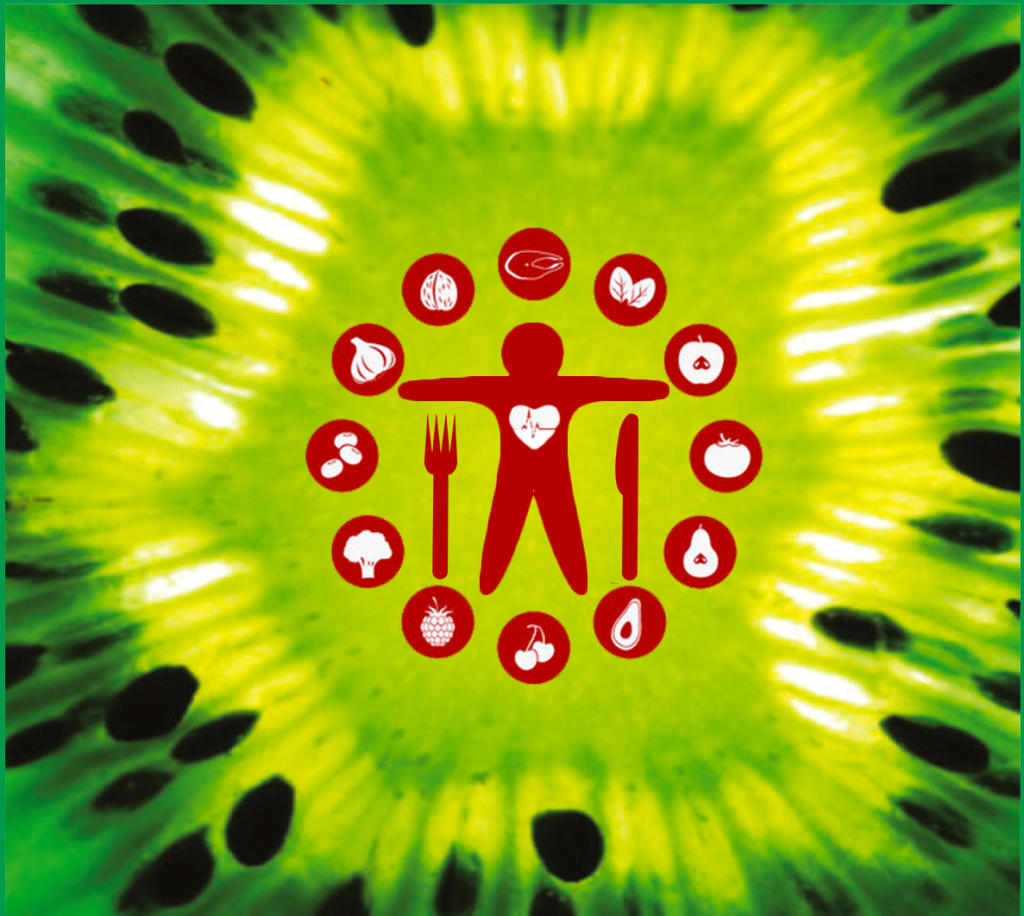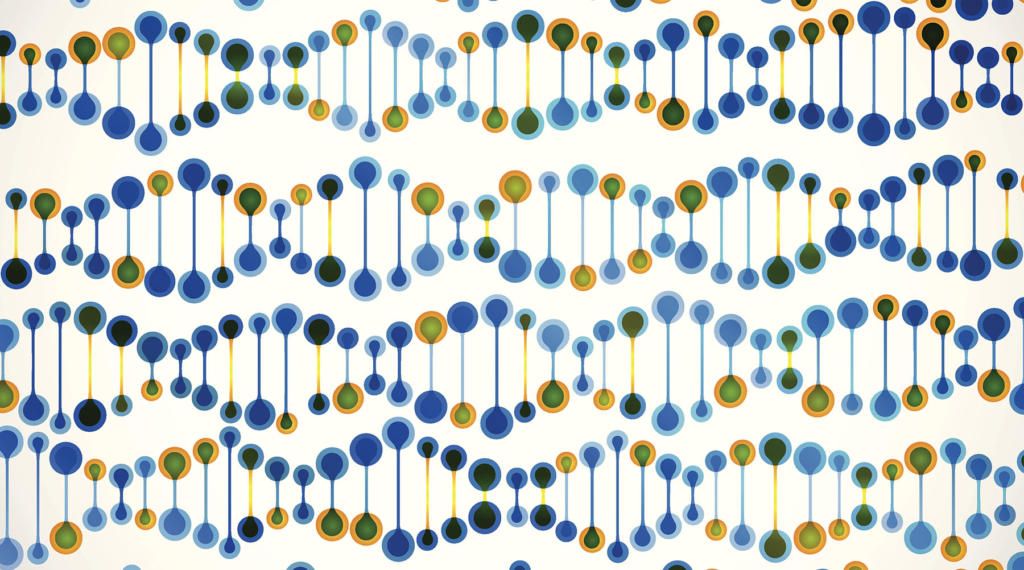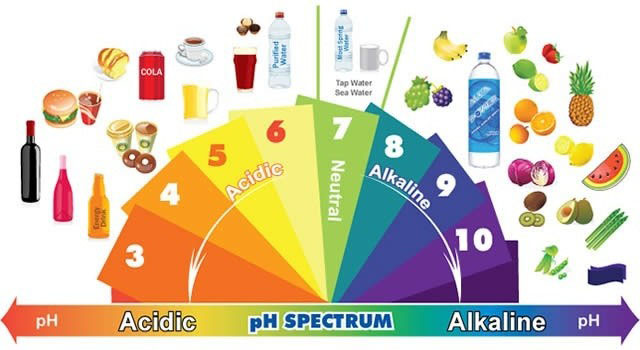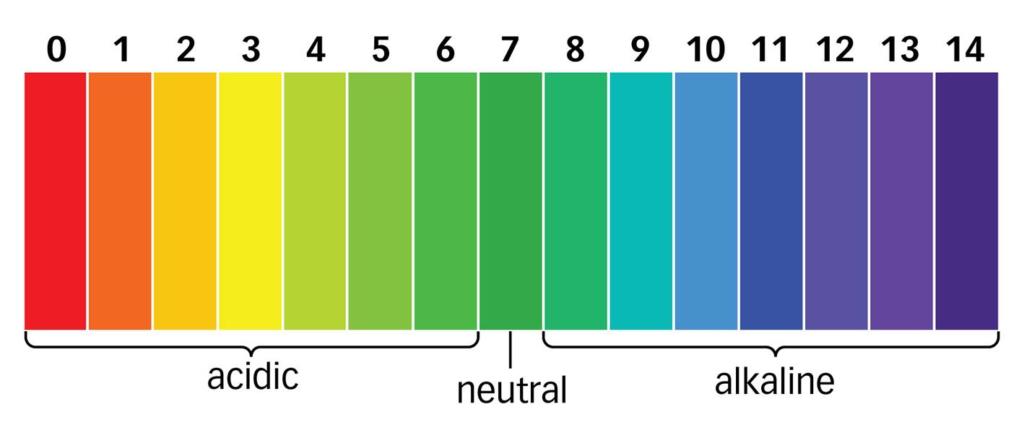 L’alimentazione umana è da sempre tra i temi più dibattuti.
L’alimentazione umana è da sempre tra i temi più dibattuti.
Da cosa deriva questa grande confusione?
Dal fatto che l’uomo vuole spesso applicare al corpo umano le sole leggi chimiche. Esse spiegano una parte della realtà fenomenica, quella legata al mondo della forma. Al di là del mondo visibile della forma esiste però il mondo invisibile dell’essenza.
Se non teniamo conto di quest’ultima realtà giungiamo agli assurdi della moderna medicina nella quale è più che logico dare ad un bambino di cinque, sei mesi la carne (sia pure sotto forma di omogeneizzati), per il semplice motivo che le proteine animali ed i loro aminoacidi essenziali costituiscono il materiale plastico fondamentale per l’accrescimento muscolare (mondo della forma), senza tener conto che un bimbo che non ha ancora i molari ed i canini, denti deputati alla triturazione degli alimenti, non è per nulla programmato ad assumere un alimento che nella sua forma originale dovrebbe essere masticato (l’omogeneizzato è una presa in giro delle leggi naturali).
 Un discorso simile si potrebbe fare con il latte vaccino che si somministra a bambini piccolissimi (N.B. anche i latti artificiali sono derivati dal latte vaccino), senza tener conto che questo latte è nel programma naturale adatto alla crescita del vitello, ben più grande del bebè umano e con un modello di sviluppo rapidissimo (l’uomo è un animale che nasce con un cervello non del tutto formato, il cui sviluppo si completa oltre il compimento del primo anno di vita extrauterina). La mucosa intestinale viene quindi sottoposta ad uno stress immunitario che determina la secrezione di tutto l’albero mucoso che predispone alle forme allergiche respiratorie e dà uno stimolo di accrescimento corporeo non adatto alle specie.
Un discorso simile si potrebbe fare con il latte vaccino che si somministra a bambini piccolissimi (N.B. anche i latti artificiali sono derivati dal latte vaccino), senza tener conto che questo latte è nel programma naturale adatto alla crescita del vitello, ben più grande del bebè umano e con un modello di sviluppo rapidissimo (l’uomo è un animale che nasce con un cervello non del tutto formato, il cui sviluppo si completa oltre il compimento del primo anno di vita extrauterina). La mucosa intestinale viene quindi sottoposta ad uno stress immunitario che determina la secrezione di tutto l’albero mucoso che predispone alle forme allergiche respiratorie e dà uno stimolo di accrescimento corporeo non adatto alle specie.
Ma chi considera solo il mondo della forma non riesce a considerare l’essenza dei fenomeni, cioè il meraviglioso progetto coordinatore energetico che li anima.
 Questo universo che sembra così complesso è mosso da due forme energetiche assai semplici che le culture orientali ed esoteriche hanno ben individuato nei concetti dello YIN e dello YANG.
Questo universo che sembra così complesso è mosso da due forme energetiche assai semplici che le culture orientali ed esoteriche hanno ben individuato nei concetti dello YIN e dello YANG.
Dal movimento reciproco di queste due forze, una procedente dall’alto verso il basso in progressione centripeta, e l’altra, centrifugamente dalla terra verso il cielo, si origina la spirale.
Il movimento spirale è il nucleo del mondo dell’essenza, è il cuore pulsante dell’universo.
Dalle correnti dei mari, al movimento delle nuvole e dei venti fino alla configurazione della via lattea, la spirale si impone col suo movimento.
 Nell’uomo è a spirale il DNA, codice genetico della vita, come anche il collagene che sostiene gran parte dell’impalcatura corporea
Nell’uomo è a spirale il DNA, codice genetico della vita, come anche il collagene che sostiene gran parte dell’impalcatura corporea
Nell’essere vivente Yin e Yang assumono il duplice aspetto dell’acidità e della basicità.
La fisica moderna ha tuttavia saputo accertare che anche i fenomeni chimici hanno un’origine elettrica.
Per acidità oggi si intende la proprietà in base alla quale determinate sostanze mandano in soluzione, cioè liberano degli ioni idrogeno carichi di elettricità positiva
 Per basicità o alcalinità viene intesa la proprietà in virtù della quale determinate sostanze mandano in soluzione ioni OH carichi di elettricità negativa.
Per basicità o alcalinità viene intesa la proprietà in virtù della quale determinate sostanze mandano in soluzione ioni OH carichi di elettricità negativa.
Quindi YIN e YANG nella struttura fisica della cellula vivente assumono due aspetti differenti:
- Uno materiale determinato dai due poli opposti della chimica
- Uno immateriale costituito dai poli opposti dell’elettricità
Nel nucleo cellulare prevale l’acidità, e quindi la positività elettrica: in esso troviamo gli “acidi” nucleici; nel citoplasma invece prevale la negatività elettrica.
In questo modo, se sostanze acide e basiche sono nelle giuste proporzioni, la cellula viene a trovarsi in equilibrio ed è in stabilità.
Questa stabilità ideale della cellula viene chiamato equilibrio acido-base, ovvero pH fondamentale.
 La materia cellulare è formata da proteine, vitamine, sali minerali, zuccheri e grassi.
La materia cellulare è formata da proteine, vitamine, sali minerali, zuccheri e grassi.
Questa materia prospera nell’acqua in cui sono disciolti cloruro di sodio, altri sali minerali, basi e acidi vari.
Del resto il fenomeno vitale sorse nell’acqua e dall’acqua e non è un caso che il nostro corpo ha circa il 60% del suo peso in acqua.
Le molecole più piccole di materia vivente sono disperse in acqua, mentre le grosse molecole proteiche si presentano allo stato colloidale.
Le cellule ed i tessuti più instabili sono quelli in cui prevalgono acqua ed acidità.
L’epidermide, per esempio, ha vita breve perché a questo livello le cellule sono piuttosto acquose, succulenti, dilatate, con pH acido, per cui devono essere costantemente sostituite da altre cellule nuove
Man mano che si penetra all’interno del corpo l’acidità cede via via il posto all’alcalinità e ai tessuti più stabili.
Il sangue per esempio è in equilibrio quando esiste una lieve prevalenza dell’alcalinità sulla acidità.
Il tessuto osseo che è il più denso e solido è il più povero di acqua.
- L’acidità e l’eccesso di acqua allentano i legami cellulari e tissulari
- La basicità o l’alcalinità e la povertà di acqua rinforzano i legami cellulari e e tissulari
L’alcalinità rappresenta per le nostre cellule una forza centripeta costruttiva.
L’acidità rappresenta una forza centrifuga distruttiva.
Ne consegue che le cellule e i tessuti non devono essere troppo imbibiti di acqua, in quanto l’eccesso li rende meno stabili.
Si tratta di un gioco elettrochimico influenzato anche dai vari minerali presenti nei liquidi circolanti. Questi ultimi si dissociano in ioni, in atomi che avendo perduto o acquistato elettroni assumono carica positiva o negativa.
L’acqua esercita quindi un’azione disperdente sui tessuti.
Nel corpo umano la forza centripeta interviene nella formazione e conservazione dell’integrità cellulare e tissulare ed è favorita da:
- alcalinità
- povertà di acqua
- da tutto ciò che frena l’attività delle cellule e degli organi, accentuando i legami cellulari e tissulari
Nel corpo umano la forza centrifuga che tende ad allentare e disperdere i legami cellulari e tissulari è favorita da:
- acidità
- eccesso di acqua
- da tutto ciò che potenzia ed accelera l’attività delle cellule e degli organi
Da tutto ciò si determina l’equilibrio elettro-acido-basico
Occorre non trascurare il ruolo svolto dall’acidosi come noxa concausale premorbosa. È noto infatti che uno spostamento del pH su valori bassi (<6) predispone a fenomeni di flogosi ed autoaggressione tessutale, oltre alla demineralizzazione indotta da ingenti prelievi di sostanze alcalinizzanti a livello osteo-muscolare.
Peraltro la reiterata richiesta di minerali ad azione basica (Fe, Mn, Cu, Mg, Ca, K, Na) induce immunodepressione, demineralizzazione ed intossicazione mesenchimale.
Inoltre il deficit emuntoriale imputabile alla presenza di omotossine e minerali inorganici, predispone a litiasi e a sclerosi.
Da ciò l’importanza di favorire l’equilibrio acido-base sia attraverso un’adeguata alimentazione, sia mediante l’impiego di preparati ad hoc (bicarbonato di sodio e potassio, calcio carbonato, magnesio idrossido, sodio citrato, zinco gluconato) miranti a ristabilire nell’organismo la funzione tampone.
Lauratosi in Medicina ha trasferito l’esperienza fotografica in campo medico con la fotografia scientifica ed iridologica.
La passione per il colore nella fotografia lo porterà in campo medico a studiare l’utilizzo delle lunghezze d’onda della luce in terapia con la pubblicazione di testi specialistici in medicina generale ed in medicina anti-aging. Nasce la passione per l’estetica in medicina e per le arti visive.
Ha studiato computer grafica e web designer presso lo IED di Roma.
Attualmente partecipa a corsi e workshop di fotografia digitale ed è corrispondente dell’editore Tecniche Nuove e Press Photographer della GNS PRESS.
La stessa passione viene trasmessa alle due figlie, Laura e Giada. La prima si diplomerà in fotografia allo IED e lavorerà con il noto fotografo romano Giampiero Medori nello still-life, dedicandosi come free lance alla fotografia sportiva e di matrimoni e successivamente entrerà nello staff di post produzione pubblicitaria della EDI (Effetti Digitali Italiani). La seconda si dedicherà alla fotografia e alla cinematografia.
